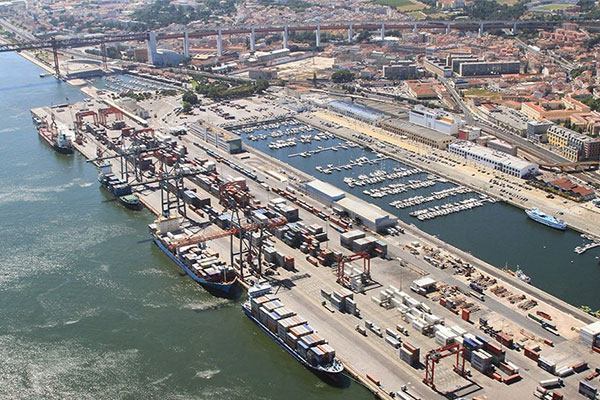
I. Is import and export agency considered self-operated trade or service trade?
According to Article 9 of the Foreign Trade Law of the Peoples Republic of China, import and export agency is a typicalTrade in Servicescategory. The agency enterprise itself does not own the goods, but obtains service remuneration by providingcustoms clearance, logistics, foreign exchange collection and payment and other professional services. Compared with self-operated trade, the essential differences are reflected in:
- Legal relationship: The agency and the principal sign an entrustment contract (applicable to the Contract Section of the Civil Code)
- Risk assumption: Commercial risks such as goods quality and payment collection are borne by the principal
- Tax treatment: Only pay VAT on agency service fees, not involving goods purchase and sale taxes
II. Does import and export agency belong to direct trade or indirect trade?
In international trade statistics, import and export agency is classified asindirect tradeform. According to the latest interpretation of the General Administration of Customs in 2025:
- Direct trade: Buyers and sellers directly conduct cross-border transactions
- Indirect trade: Complete the entire transaction process through a third party
- The agency company acts as the declarant for customs filing
- Fund settlement is completed through the agency account
- Logistics documents show dual subject information
III. What are the core differences between agency and self-operated import and export?
Understand the essential differences between the two models through comparison tables:
- Division of responsibilities:
- The agency only bears operational responsibilities
- The self-operated party bears all commercial risks
- Fund flow:
- Payment settlement "back-to-back" under agency mode
- The self-operated model has real purchase and sale fund flow
- Documentation:
- The agency contract must clearly state the term "entrusted agency."
- Commercial invoices must reflect the actual buyer and seller
IV. How to evaluate the professional qualifications of an agency company?
To choose a compliant agency service provider, three major elements need to be verified:
- Customs AEO - certified enterprises, filing qualifications with the State Administration of Foreign Exchange
- Customs AEO certification (new digital certification mark added from 2025)
- Foreign exchange administration directory enterprise qualification
- Service capabilities:
- Special commodity import and export licenses (such as medical devices, hazardous chemicals)
- Bonded logistics center (Type B) operation qualification
- Risk control:
- Purchase professional liability insurance
- Establish a compliance review system
V. What common risks need to be prevented in import and export agency?
According to the latest foreign trade dispute case analysis in 2025, special attention should be paid to:
- Customs classification disputes:
The agency has a professional duty of care for commodity code review. It is recommended to stipulate the HS Code confirmation process and responsibility attribution in the contract
- Foreign exchange verification risk:
Since the "Three Documents in One" reform by the State Administration of Foreign Exchange in 2024, it has been necessary to ensure that the customs declaration form, foreign exchange receipt voucher, and value-added tax invoice information are fully matched.
- Intellectual property infringement:
Agents should establish trademark and patent screening mechanisms, requiring clients to provide and file intellectual property documentation.


 Follow Customer Service WeChat
Follow Customer Service WeChat